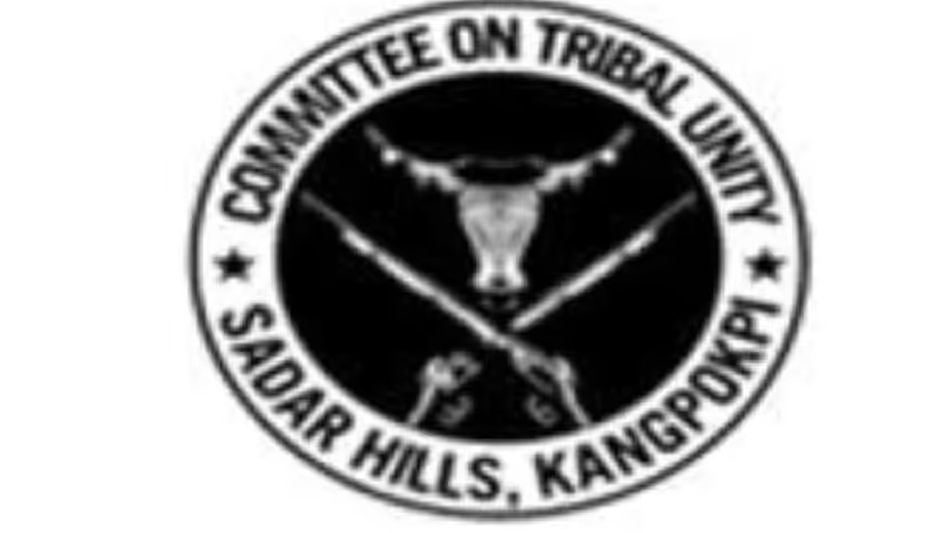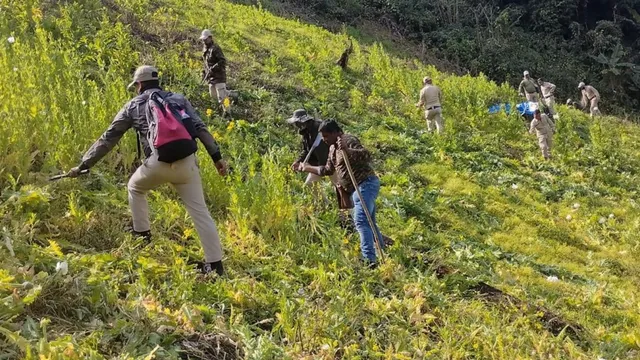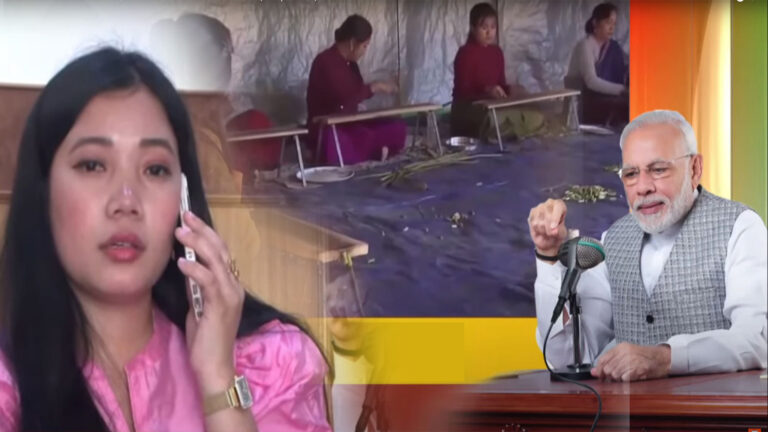Demand for Ban on CoTU by Liangmai Naga Council: Unpacking the Tensions and Their Broader Implications
Summary
The Liangmai Naga Council (LNC) recently petitioned for a ban on the Committee on Tribal Unity (CoTU) of Kangpokpi, citing the group’s alleged provocations and perceived threats to peace in Manipur. Tensions have escalated due to CoTU’s reported interference in traditional celebrations and statements seen as inciting unrest between local communities. The LNC has called for CoTU’s classification as an unlawful organization under UAPA, citing concerns over cultural disruptions and demographic challenges in the region.
In-Depth Analysis
Context of the Conflict: Who is CoTU?
The Committee on Tribal Unity (CoTU) of Kangpokpi has recently come under scrutiny from the Liangmai Naga Council (LNC). CoTU, which claims influence in Kangpokpi, represents certain Kuki-majority areas in Manipur. According to LNC, CoTU’s demands and activities challenge the presence and traditions of local Naga tribes, resulting in mounting tensions that affect community relations.
Why Does LNC Seek a Ban on CoTU?
The LNC’s concerns emerged after CoTU allegedly organized protests and issued a statement characterizing the visit of Manipur Chief Minister N. Biren Singh to a Naga cultural event as a “trespass” into Kuki-dominated areas. This, according to LNC, incited distrust and disrupted their Chaga Ngee celebrations, a key cultural event for the Liangmai community. LNC interprets these statements as threats to their cultural rights and public order, thus sparking their call to deem CoTU an unlawful organization under the Unlawful Activities (Prevention) Act (UAPA).
Historical Context and Indigenous Rights
The Liangmai people, a Naga tribe native to regions of Manipur, have felt their rights increasingly compromised. The LNC claims that recent demographic changes, reportedly influenced by unauthorized migration, have altered the population balance, favoring groups like the Kukis represented by CoTU. This shift, the LNC argues, has led to cultural and environmental impacts, such as deforestation and illegal logging, affecting indigenous territories.
Chaga Ngee: The Cultural Celebration at the Center of the Dispute
The Chaga Ngee festival, observed by the Liangmai Naga, symbolizes purification and divine blessings, marking a time of cultural sanctity. This year, disruptions by CoTU reportedly marred the festivities, creating fear and unrest among the Liangmai people. The LNC argues that their rights to peacefully celebrate traditions have been impeded by threats from CoTU, which has led to their appeal for government intervention.
Political and Social Implications for Manipur
The LNC asserts that political representation within Kangpokpi district has left Liangmai tribes underrepresented and without developmental benefits. As the district sees influence from the Kuki-led CoTU, the Liangmai community feels increasingly marginalized. This socio-political divide could further strain community relations and impede regional peace.
The Government’s Role in Addressing Cultural and Territorial Disputes
The LNC urges the government to recognize these threats to indigenous rights and prevent further disruptions. By invoking UAPA, they aim to protect the cultural and territorial integrity of the Liangmai. Addressing these grievances may not only alleviate tensions but also ensure that indigenous groups maintain a voice in local governance and cultural preservation.
FAQs
- What is the main reason for the LNC’s demand to ban CoTU?
LNC claims that CoTU’s actions threaten cultural practices and public order, thus requesting a ban to ensure peace. - How did CoTU allegedly disrupt the Chaga Ngee celebrations?
CoTU reportedly organized protests and issued statements perceived as hostile, which affected the festival’s peaceful proceedings. - What role does UAPA play in the LNC’s appeal?
LNC seeks to classify CoTU under UAPA, which would enable legal action against the group for disrupting peace and threatening cultural rights. - What demographic challenges are mentioned in the conflict?
LNC states that unauthorized migration has shifted the population balance, affecting indigenous Liangmai communities and their land use. - Why does this issue impact the broader political landscape of Manipur?
The dispute highlights ethnic and political divides, which can affect governance, cultural rights, and social harmony in Manipur.




